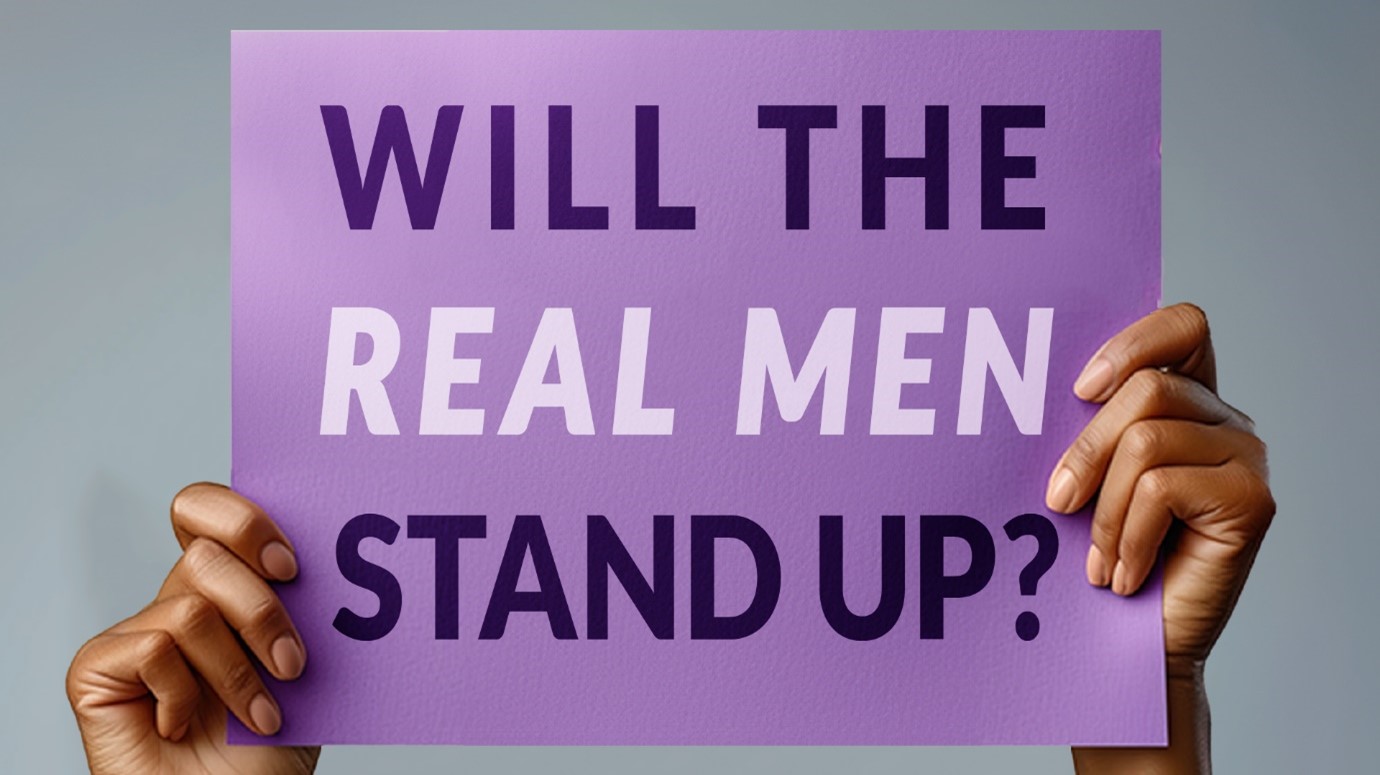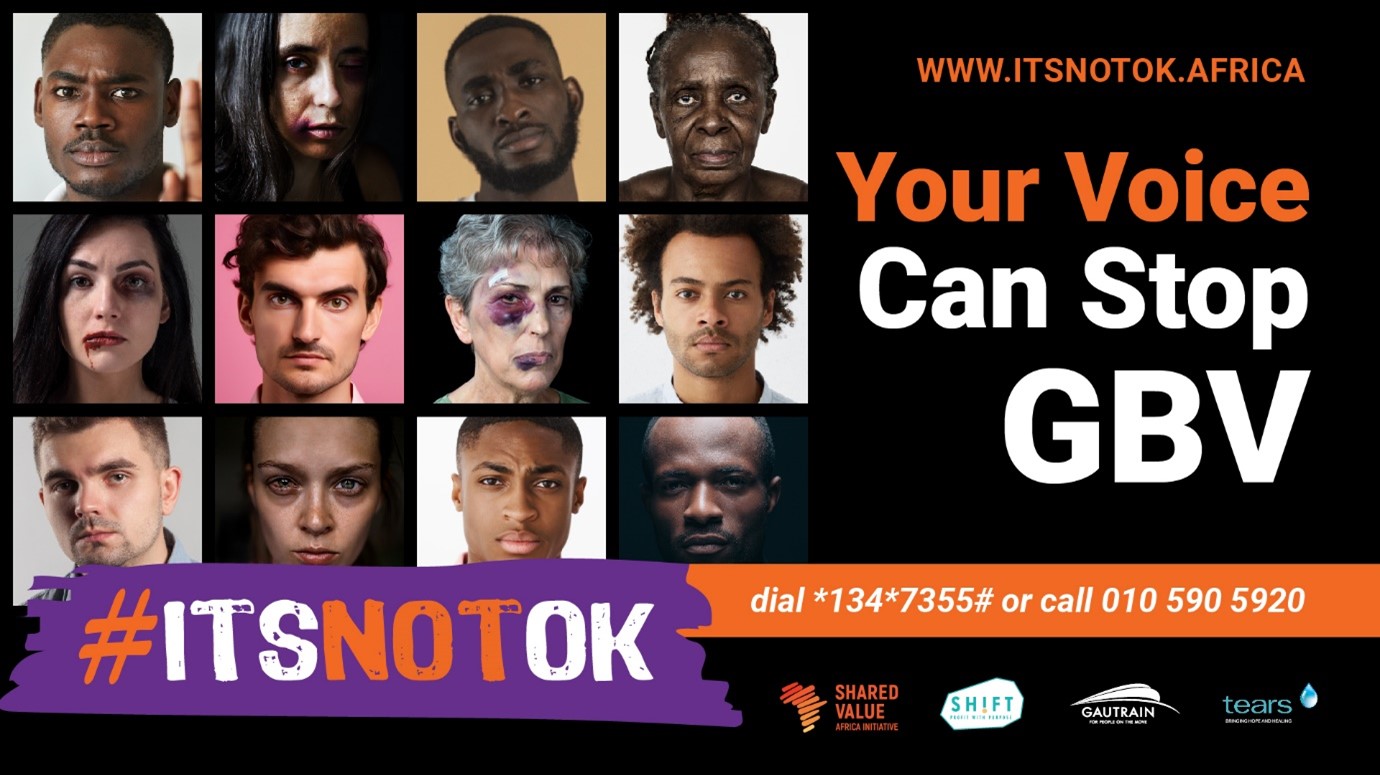Will The Real Men Please Stand Up

In 1910, German activist Clara Zetkin proposed the establishment of an international version of the American Women’s Day holiday at the International Socialist Congress. The proposal was embraced by 100 delegates from 17 countries, leading to the celebration of the first International Women’s Day on March 19, 1911, with over a million participants across Austria-Hungary, Denmark, Germany, and Switzerland. This day was envisioned as a strategy to advocate for equal rights, including women’s suffrage.
While International Women’s Day is globally recognized on March 8, International African Women’s Day (IWWD) is less well-known, celebrated annually on July 31 since 1974. The date marks the establishment of the Pan-African Women’s Organisation in Dar es Salaam, Tanzania, on July 31, 1962, the first women’s organization in Africa. Founded by Malian activist and politician Aoua Keita, the organization aimed to improve the conditions of African women and promote their emancipation. In 1974, during its first summit in Senegal, July 31 was officially designated as IWWD.
Since then, there have been several legal advancements to protect African women’s rights, including the adoption of the Maputo Protocol by the African Union in 2003, the Solemn Declaration for Gender Equality in Africa in 2004, and the Protocol to the African Charter on Human and Peoples’ Rights in 2016. However, African women still face numerous challenges, including discrimination rooted in socio-cultural norms and national laws, and underrepresentation in government and parliament.
However, looking back at International Women’s Month and the Pan-African Women’s Day despite any advancements, the promotion of women’s rights in Africa remains a significant challenge. In South Africa alone, a woman is killed every three hours by her intimate partner, highlighting the dire situation. The lack of functional support systems, such as the government’s Command Centre help line and inadequate safe houses, exacerbates the issue. Furthermore, there is a concerning level of inaction and complicity in the face of gender-based violence.
On March 8th, 2024, the Shared Value Africa Initiative, in collaboration with the #Itsnotok movement against gender-based violence, launched the Gender Equality Unit. This unit was established to support the private sector in developing and implementing programs aimed at accelerating gender equality. The overarching goal is to foster a more equitable workplace environment, which in turn is expected to contribute to the reduction of gender-based violence.
Gender-based violence (GBV) refers to any act done to someone against their will as a result of gender-norms, and unequal power relationships. The perpetrators of GBV are predominantly men, and the victims are most frequently women. The rate of violence against women and girls in South Africa is among the highest in the world: according to official statistics, one in five women in relationships have experienced physical violence by a partner. Many more have suffered other forms of violence by men they know and strangers.
This article is a direct call to action for all men and male leaders to actively engage in accelerating gender equality, not only in the workplace but also at home and in social settings. At home, share the chores, help look after the children, and avoid financial or emotional manipulation. Do not physically abuse your partner or spouse. At work, expose perpetrators and report abusers. If you stand by and watch, you are complicit in the behavior.
It is time for the men in our world to stand up and declare that sexual harassment, gender-based violence, and femicide #Itsnotok. The silence and inaction must end, and men must play an active role in creating a safer and more equitable society for all.





